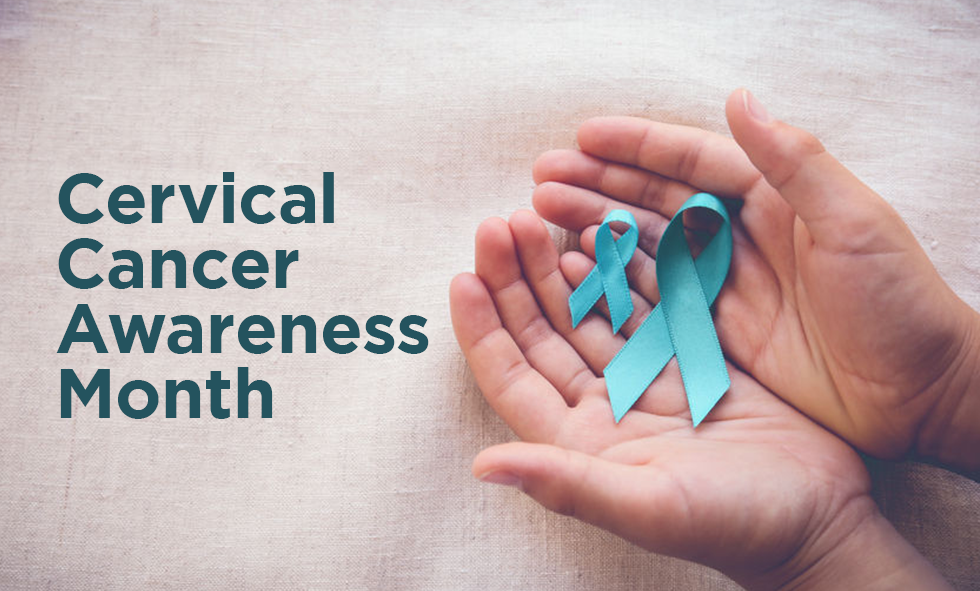In the realm of health advocacy, January takes on a profound significance as Cervical Cancer Awareness Month. This observance serves as a call to action, emphasizing the critical role of early screening in combating this preventable disease whilst addressing the need for empathy and support for those affected and infected with cervical cancer.

Kenya has a population of 16.8 million women ages 15 years and older who are at risk of developing cervical cancer. Current estimates indicate that every year 5236 women are diagnosed with cervical cancer while 3211 die from the disease. Cervical cancer ranks as the 2nd most frequent cancer among women in Kenya and the 2nd most frequent cancer among women between 15 and 44 years of age. About 9.1% of women in the general population are estimated to harbor cervical HPV-16/18 infection at a given time, and 63.1% of invasive cervical cancers are arise from infection by HPVs 16 or 18.
Cervical cancer is the third most common cancer in women worldwide. Cervical cancer is a disease that develops quite slowly and begins with a precancerous condition known as dysplasia. Dysplasia is easily detected in a routine Pap smear and is easily treatable. Cervical cancer is a malignant tumor derived from cells of the cervix.
It is noteworthy that a woman has a higher-than-average risk of developing cervical if: she has had multiple sexual partners, began having sexual relations before the age of 18 or has a partner who has had sexual contact with a woman with cervical cancer.
Early detection, through screenings like Pap smears and HPV tests, stands as a formidable defense against cervical cancer. By prioritizing regular screenings, individuals empower themselves to catch potential abnormalities at a stage when intervention is most effective, contributing to both their well-being and the broader community.
University students, with their vibrant energy and influential presence, play a crucial role in amplifying the gospel of prevention. They can become catalysts for change by educating their peers and the wider populace about the role of early detection. By fostering a culture of health awareness, students contribute significantly to breaking down barriers surrounding discussions on women’s health.
Moreover, university students can actively engage in preventing the transmission of cervical cancer by promoting safe sexual practices and dispelling misconceptions. In spreading knowledge and advocating for safer sexual behavior, they become instrumental in creating a community that prioritizes health and well-being.
In essence, as January unfolds, let’s unite in spreading the word about the significance of early detection and regular screenings. Knowledge is the key to prevention, and as university students, we have the power to save lives through education and advocacy. Together, we can make a lasting impact in the fight against cervical cancer.
Article Written by Heri Manyara
herimanyara95@gmail.com
